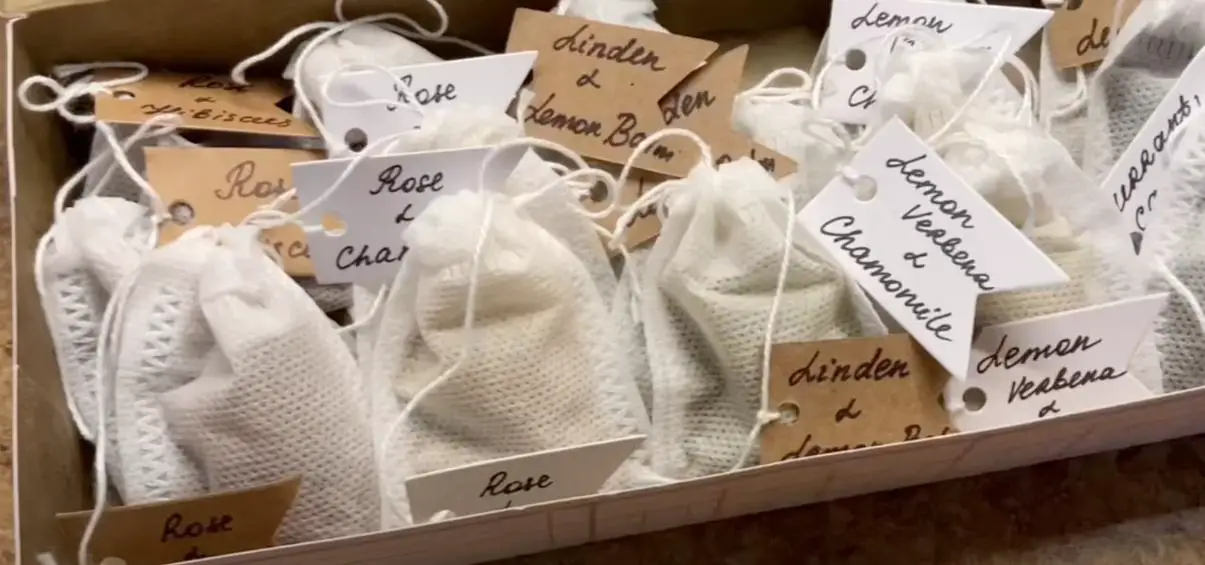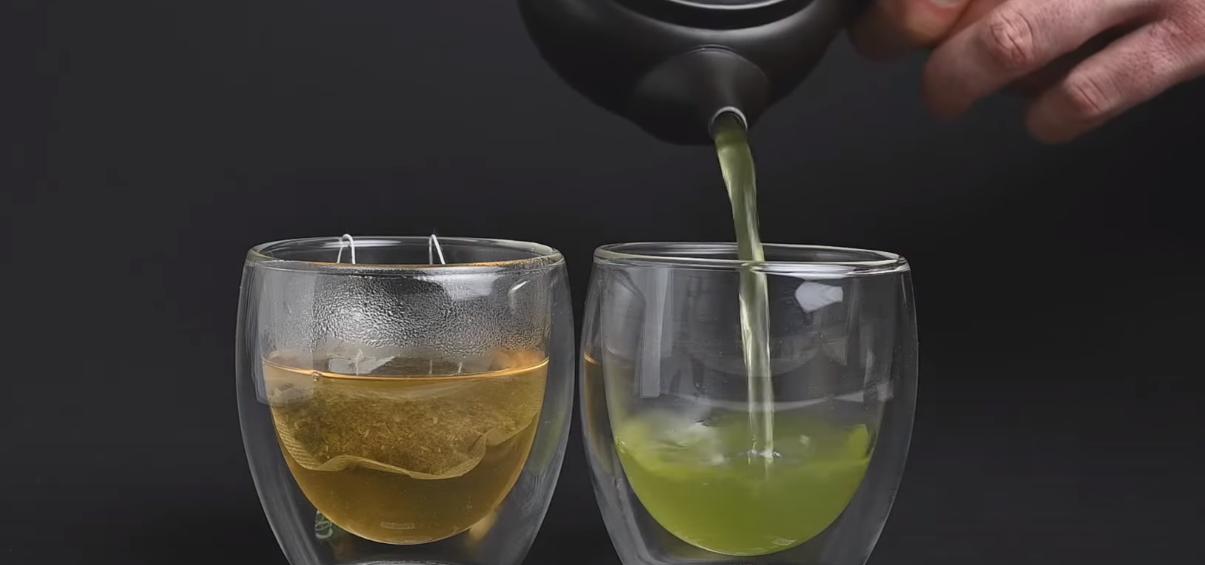Key Takeaways
- You can vacuum seal tea bags in order to keep them fresh for a longer period of time.
- This is a great way to store tea bags so that they do not lose their flavor or potency.
- Vacuum sealing tea bags can also help keep them from being damaged by moisture or other elements.
Most people don’t know that you can actually vacuum seal tea bags! This method of storage is becoming increasingly popular because it helps to keep tea fresh for a longer period of time. Not only that, but vacuum sealing can also help preserve the delicate flavor of loose teas. In this article, we’ll explore how long tea bags will last when vacuum sealed, how to seal them properly, and whether or not this method is right for you.

Can you freeze tea bags to keep them fresh?
Yes, you can freeze tea bags to keep them fresh. Vacuum sealing them first will help to preserve their flavor and prevent freezer burn.
Are there any alternatives to vacuum sealing tea bags?
There are a few alternatives to vacuum sealing tea bags, but commercial sealers are better at sealing delicate teas. Vacuum sealing keeps your loose tea leaves and bags safe from any moisture or oxygen exposure. Individually wrapped foil-paper packets are a good way to store loose leaf tea.
How do you properly seal tea bags for storage?
- Choose an airtight, opaque container in which to store your tea bags. A cool, dark place is ideal.
- Place the tea bags in the container, taking care to keep them away from other items with strong aromas that could alter the taste of the tea.
- Seal the container tightly so that no air can get in and spoil the tea.
- Store in a cool, dark place for best results.
Does vacuum sealing damage delicate loose teas?
Vacuum sealing can damage delicate loose teas. The vacuum seal can compress the tea leaves, causing them to break and release their flavor. This is why it’s important to only vacuum seal tea bags that are designed for this purpose.
How long will tea bags last if vacuum sealed?
If you’re wondering how long those tea bags will last after you vacuum seal them, we have some good news. According to experts, tea bags can last for around one to two years when stored properly in a vacuum sealed environment. So go ahead and enjoy your favorite cup of tea, knowing that your tea bag stash will be fresh and flavorful for months (or even years) to come.
What are the benefits of sealing tea bags?
- Tea bags are convenient because they’re easy to use. Just add your desired amount of tea leaves to the bag, seal it up, and steep in hot water.
- Sealing tea bags with staples is a quick and efficient way to keep them fresh. The sealed tea bag is cold-sealed, which will help preserve the contents.
- There are several benefits to sealing tea bags: they’re more convenient, they stay fresh longer, and the contents are protected from oxygen and moisture.
What is the best way to store tea bags?
When it comes to storing tea bags, there are a few things to keep in mind. The best way to store them is in a metal, ceramic, or opaque glass container with a lid.
This will keep the tea fresh and prevent it from losing its flavor. It’s also important to make sure the container is airtight so that the tea doesn’t become stale.
If you’re not going to use the tea bags right away, you can vacuum seal them to extend their shelf life.
Why is it important to store tea leaves correctly?
Tea leaves are hygroscopic, meaning they will absorb moisture from the air. This is why it is important to store them in an airtight container – otherwise, they will become stale and lose their flavor.
Heat and light can also degrade tea, so it should be stored in a cool, dark place.

Final Verdict
Yes, you can vacuum seal tea bags. This can help preserve them for a longer time by keeping out air, light, and excessive heat or cold. However, not all types of tea leaves are suitable for this treatment. Dried herbs and teas can degrade rapidly if exposed to these conditions.



![Can You Vacuum Seal Tomatoes? [The Proper Way!]](https://vacuumsealerzone.com/wp-content/uploads/2021/08/Can-You-Vacuum-Seal-Tomatoes-350x200.jpg)